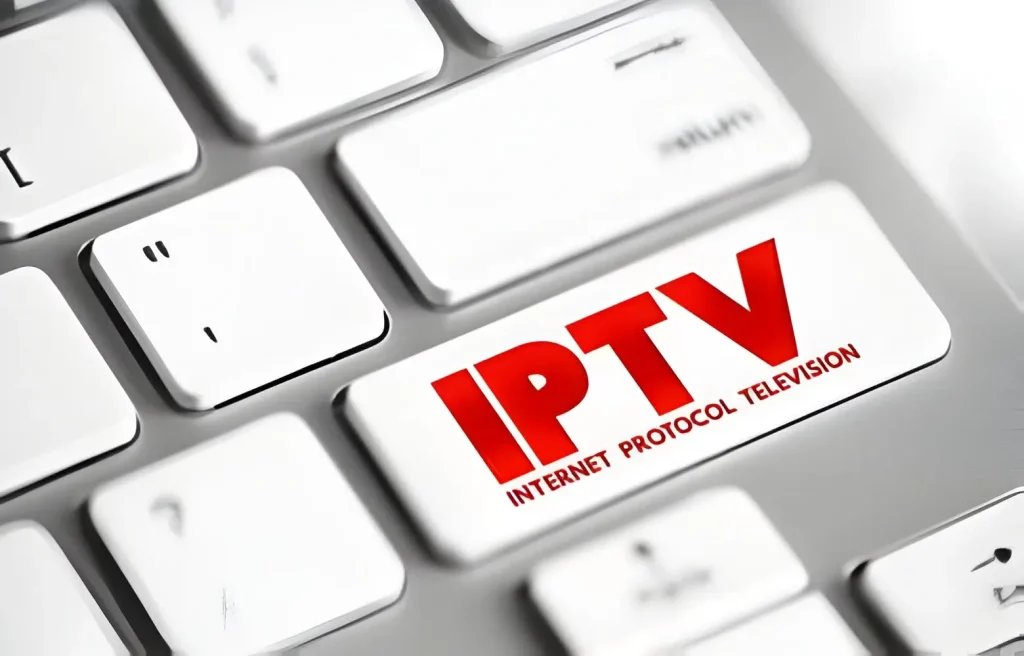The world of television entertainment has transformed dramatically, offering viewers a variety of choices tailored to their preferences. Among these options, IPTV Internet Protocol Television and Cable TV have emerged as popular contenders. Both deliver content, but their underlying technologies and viewing experiences differ significantly, shaping how modern audiences consume media. Understanding these differences can help viewers decide which is better suited to their lifestyle and entertainment needs. IPTV operates by streaming television content over the internet. This means that instead of relying on traditional broadcast methods, IPTV uses a broadband connection to deliver live TV, video-on-demand, and even interactive content. This flexibility allows users to watch programs on various devices, such as smartphones, tablets, smart TVs, and computers, making it ideal for viewers who value convenience and mobility. With IPTV, features like pause, rewind, and fast-forward are often built-in, offering a more personalized viewing experience. Additionally, IPTV services often provide extensive libraries of content, giving viewers access to global programming beyond what traditional cable services might offer.
In contrast, Cable TV relies on coaxial or fiber-optic cables to deliver content directly to a television set. This system has been the backbone of television broadcasting for decades, providing consistent and reliable service. Cable TV typically offers a wide range of channels, including premium packages for sports, movies, and specialty programming. It is known for its stability, as the service is less dependent on the quality of an internet connection. For viewers in areas with slow or unreliable internet, Cable TV may be the more practical option. One of the most notable differences between IPTV and Cable TV is the cost structure. IPTV services often have more flexible pricing, with subscription models that cater to individual preferences. Users can choose specific packages or pay-per-view options without being locked into a long-term contract. On the other hand, Cable TV frequently requires a bundled package, which may include channels that the viewer has no interest in, leading to higher monthly bills.
Installation costs and equipment rentals, such as set-top boxes, can also add to the expense of Cable TV. Another factor to consider is internet dependency. IPTV relies entirely on a stable internet connection. High-definition and 4K streaming can be demanding, requiring sufficient bandwidth to avoid buffering or lags. For households with slow or heavily shared internet, this could be a limitation. Cable TV, meanwhile, operates independently of the internet, making it a more reliable choice during periods of network congestion or outages. When deciding between iptv uk and Cable TV, viewers should consider their preferences, lifestyle, and access to technology. IPTV may be ideal for tech-savvy users who appreciate the ability to customize their viewing experience and enjoy on-the-go access to content. Ultimately, the choice comes down to personal needs and the trade-offs one is willing to make. Both IPTV and Cable TV have their strengths, and understanding these distinctions ensures that viewers can make an informed decision that enhances their entertainment experience.
